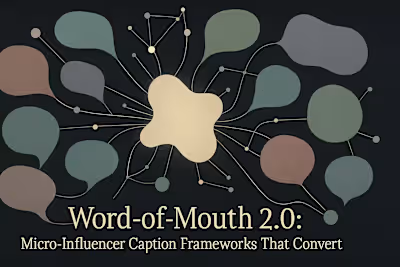Hire SEO Specialist or DIY? The Honest Cost-Benefit Analysis

Hire SEO Specialist or DIY? The Honest Cost-Benefit Analysis
What Is the Cost-Benefit Analysis for SEO?
DIY SEO: 5 Steps for Beginners
1. Gather Basic SEO Tools
2. Check Keywords
3. Optimize On-Page Elements
4. Build Links
5. Track Progress
Freelance Strategist vs. Agency: Pros and Cons
Hidden Risks and Pitfalls
ROI and Growth Potential
FAQs about Hiring an SEO Specialist or Doing It Yourself
Is it worth it to hire someone for SEO?
Do I need a big budget for professional SEO services?
Are freelance SEO experts different from agencies?
How long until I see results from DIY SEO?
Final Thoughts on the Best SEO Choice
Hire SEO Specialist or DIY? The Honest Cost-Benefit Analysis
What Is the Cost-Benefit Analysis for SEO?
DIY SEO: 5 Steps for Beginners
1. Gather Basic SEO Tools
“SEO tools are like gym equipment—free weights work fine, but machines make it easier to target the right muscles.” 💪
2. Check Keywords
3. Optimize On-Page Elements
4. Build Links
“Getting a backlink from a trusted site is like getting a reference from someone who actually knows you—not your cousin’s roommate.” 🔗
5. Track Progress
Freelance Strategist vs. Agency: Pros and Cons
Hidden Risks and Pitfalls
ROI and Growth Potential
FAQs about Hiring an SEO Specialist or Doing It Yourself
Is it worth it to hire someone for SEO?
“Hiring help is like using GPS. DIY is like unfolding a paper map in the wind.” 🗺️
Do I need a big budget for professional SEO services?
Are freelance SEO experts different from agencies?
“With a freelancer, your message doesn’t need to pass through six inboxes before it gets answered.” 📬
How long until I see results from DIY SEO?
Final Thoughts on the Best SEO Choice
Posted Apr 9, 2025
Hire SEO Specialist or DIY? Compare real costs, timelines, and ROI to decide which SEO path fits your business goals and budget best.










